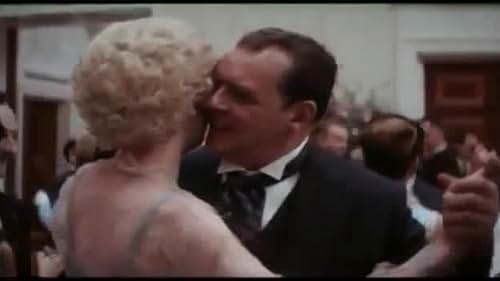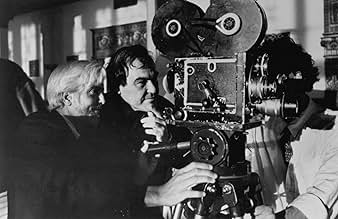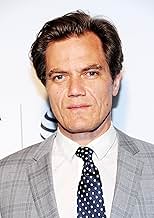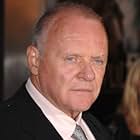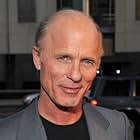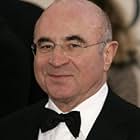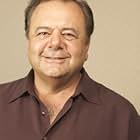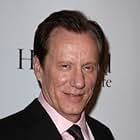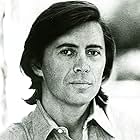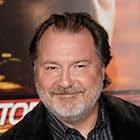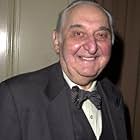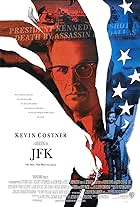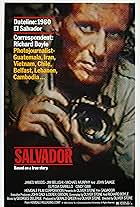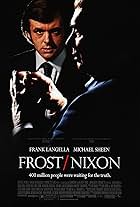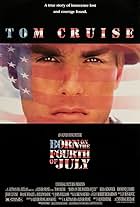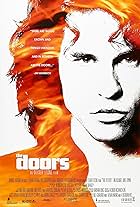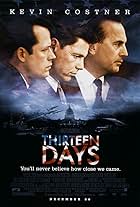A biographical story of former U.S. President Richard Nixon, from his days as a young boy, to his eventual Presidency, which ended in shame.A biographical story of former U.S. President Richard Nixon, from his days as a young boy, to his eventual Presidency, which ended in shame.A biographical story of former U.S. President Richard Nixon, from his days as a young boy, to his eventual Presidency, which ended in shame.
- Nominated for 4 Oscars
- 11 wins & 18 nominations total
- Director
- Writers
- All cast & crew
- Production, box office & more at IMDbPro
Storyline
Did you know
- TriviaWriter, producer, and director Oliver Stone said he voted for Richard Nixon in 1968, based on his pledge to end the Vietnam War.
- GoofsThe film shows Nixon signing his resignation letter the day before he leaves office and prior to it being publicly announced. Historically, Nixon informed the nation in an address the night before leaving office, and then signed the letter the next day, which was his last morning in the White House.
- Quotes
Richard M. Nixon: [to a portrait of Kennedy] When they look at you, they see what they want to be. When they look at me, they see what they are.
- Alternate versionsLetterbox video version features additional outtake footage, including a scene starring Sam Waterston as CIA director Richard Helms.
- SoundtracksMenuetto
from Schubert's "Symphony No. 2 in B Flat Major, D 125"
Written by Franz Schubert
Performed by Koninklijk Concertgebouworkest (as Royal Concertgebouw Orchestra)
Nikolaus Harnoncourt, Conductor
Courtesy of Teldec Classics International GmbH
By arrangement with Warner Special Products
Featured review
Richard Nixon's (Oscar-nominee Anthony Hopkins) life is told from his early childhood days in 1920s California to his disgraceful resignation in 1974 from the Watergate scandal (one of the stupidest and most trivial events of U.S. history). The 37th president of the U.S. lost the 1960 presidential election to JFK and then lost the California governor race of 1962. By 1963 it appears that Nixon is out of the spotlight for good politically and that he is struggling to keep his marriage to Pat Nixon (a superb turn by Oscar-nominee Joan Allen in arguably her finest role) alive. Things turn strange though as Nixon has strange meetings with big-time oil men in Texas (Larry Hagman leading the group) and even with J. Edgar Hoover (scene-stealer Bob Hoskins). It is obvious that there are some potentially sinister things going on from high-ranking people. Soon JFK is assassinated, the 1964 election becomes a mess for both parties as LBJ wins by default and then LBJ decides not to run in 1968. The Republicans once again turn to Nixon, but Nixon (full of self-doubt and inferiority complexes) is fearful that 1968 against RFK will be a repeat of 1960 (Nixon believes that JFK and the Democrats stole the 1960 presidency). More cloak and dagger situations occur and RFK is assassinated in California, leaving the door open for Nixon to win the presidency. Vietnam, a whole host of questionable allies (led by James Woods, E.G. Marshall, J.T. Walsh, David Paymer, David Hyde Pierce, Powers Boothe, Fyvush Finkel) and constant advisement from Henry Kissinger (an amazing transformation by Paul Sorvino, who rivals Hopkins' performance the whole way) end up turning Nixon's life upside down. Soon taped White House conversations and growing paranoia also pops up and public/national/international/military/social chaos ensues. While all this occurs the president's personal life is shown through flashbacks (Mary Steenburgen as his mother and Tony Goldwyn as his older brother dominate these parts of the film). We see two of his brothers dying of tuberculosis, his short courtship of his wife and various other parts of his early life that stand out. The Watergate break-in (led by Ed Harris) continues to be one of the strangest things that has ever happened (the motives of the apparent burglary have never been clear). 18 minutes of missing audio recordings are one of the biggest mysteries of the 20th Century. Director Oliver Stone (who received an Oscar nod for co-writing the script) surprisingly is unbiased with this film. Watching "Platoon", "Born on the Fourth of July" and "JFK" would lead one to believe that Stone would pull no punches with "Nixon". However he gives Nixon's story an element of truth and compassion. There are so many unknown things that went on with Nixon throughout his political career that Stone has to fill in lots of missing pieces with speculations (some that seem very logical and some not so much). Thus the film goes on and on (running about 195 minutes). Even with all the airtime though the film does not move slowly and never becomes dull. In fact it is one of those projects that could have gone on even longer and it still would have been an interest-generator. Whether you like, dislike or are indifferent when it comes to Nixon the person, "Nixon" the movie is an outstanding achievement that stands high with Stone's better works and also deceptively becomes one of the more under-rated and under-appreciated pictures of the 1990s. 5 stars out of 5.
- How long is Nixon?Powered by Alexa
Details
- Release date
- Country of origin
- Official site
- Languages
- Also known as
- Ніксон
- Filming locations
- Production companies
- See more company credits at IMDbPro
Box office
- Budget
- $44,000,000 (estimated)
- Gross US & Canada
- $13,681,765
- Opening weekend US & Canada
- $2,206,506
- Dec 25, 1995
- Gross worldwide
- $13,681,765
- Runtime3 hours 12 minutes
- Color
- Sound mix
- Aspect ratio
- 2.39 : 1
Contribute to this page
Suggest an edit or add missing content


